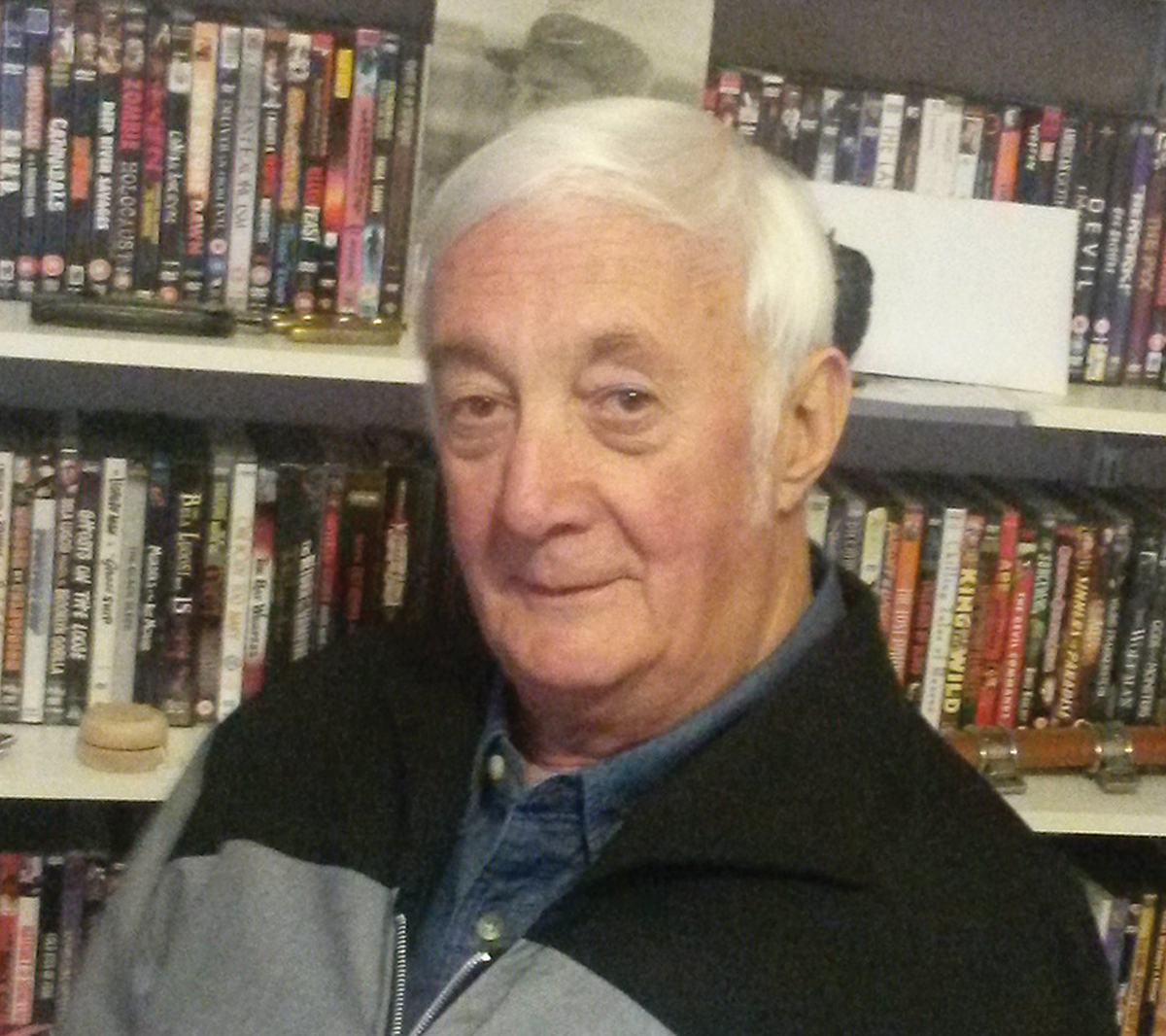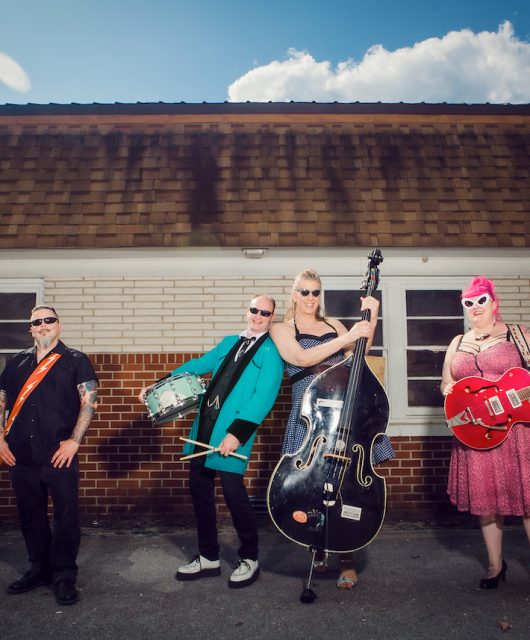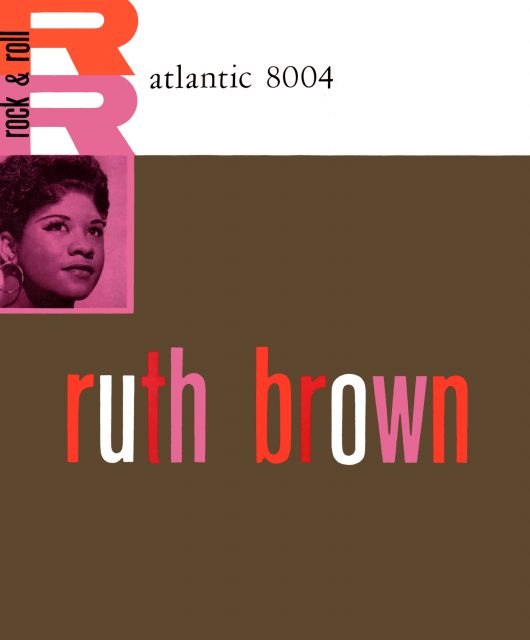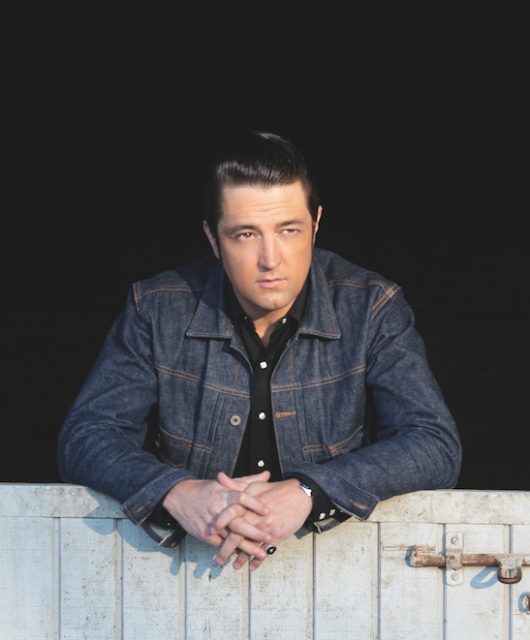Paul Barrett has been a mainstay of the UK rock’n’roll scene for more than 50 years, not only managing and promoting homegrown talent butalso bringing over many top-drawer American rockers. He mulls over his busy career with Jack Watkins...
From Shakin’ Stevens to Matchbox, Crazy Cavan and the Rhythm Rockers to Bill Haley’s original Comets line-up and Jack Scott to Mac Curtis, Paul Barrett seems to have worked with the lot – and he seems to have a stream of anecdotes to recall about each of them. A self-confessed fan from the first day he heard Haley, he remains a major supporter of British rock’n’roll. Still based in the rockin’ hotbed of South Wales, he’s a one-man entertainment show in his own right.
You were a fan of rock’n’roll pretty much from the moment it arrived in the UK. When did it become a realistic career proposition for you?
I grew up in the 1950s era of full employment, but after discovering rock’n’roll I wanted nothing else. I had no musical talent, though. I couldn’t sing, and playing a guitar was hard work. Then I saw The Girl Can’t Help It with Tom Ewell as an agent chaperoning Marilyn Monroe round all these clubs featuring the likes of Eddie Fontaine and Little Richard. I liked the idea of that, hanging with the stars, and getting 10% of the action, and I knew I could do it. But it didn’t take off for me until about 1960 when I became manager of a Welsh band called The Backbeats. They were a major attraction on the Welsh rock’n’roll scene.
You acted as Shakin’ Stevens’ manager during a critical period in his career…
When he was still Michael Barrett, he’d get up on stage and sing with The Backbeats. I didn’t think anything of him other than that we shared the same surname. But a few years later I had this record shop in Penarth. Two friends came in and told me to go and see Shakin’ Stevens – as he was by then – and the Sunsets. This was about 1968, and the band had so little equipment, you could fit it into a paper bag. Shakey was this good-looking, nervous kid of 17, who needed a few beers to get up in front of a crowd, and I became his manager.
People forget what a rockin’ band they were at the time…
Yes, but what I did was to get musicians from The Backbeats, who were few years older, to back him. We weren’t going to be like the Mersey bands – we were going to do rock’n’roll properly, with decent guitar intros. The Blues Federation saw them and proclaimed them as “the most authentic band in the country”. We were the first ones to have a slap bass to get that proper rockabilly sound. Unfortunately, our bass player rode it like a horse across the stage one night and reduced it to timber. We weren’t so authentic after that!
Tell us about your association with Crazy Cavan and the Rhythm Rockers
When Shakey went off to appear in the musical Elvis!, the plan had been that he’d return after six months. But the musical ran for two years, and, of course, he had a hit while he was in London with Hot Dog, and launched himself as a solo performer. I was a bit miffed, but then Cavan Grogan rang me and asked if I’d be their manager. So from losing someone who’d become an international star, I went to working with the leading rock’n’roll band in the world. But, in all honesty, they didn’t need ‘management’. I had to tell Shakey how to stand on stage, but they could do all that for themselves. They had a certain integrity. They turned down the massive chance to tour with The Clash because they just didn’t respect the punk audience, and said “if they spit on us, we’re going to go out and spit on them”.
Who are some of the American stars you brought over?
The original Comets line-up in the early 1980s. They were tremendous. Then there was Billy Lee Riley, Bobby Day, Jackie Lee Cochran, Frankie Ford… Mac Curtis was a terrific guy, very articulate. Sonny Fisher – the stories I could you about him! Ace Studios arranged for him to do a demo in this basic four-track studio, and when we walked in he just said: “Paul – look at all this technology!” I think he was used to working in a shed in the backyard.
Are you still busy?
Yes, I’m still in there pitching. I’m involved with some of the weekenders, but there are so many now it’s detrimental to the clubs. We need those clubs as they feed the weekenders, not vice versa, and they are the lifeblood of the bands, the fans, the whole scene.






